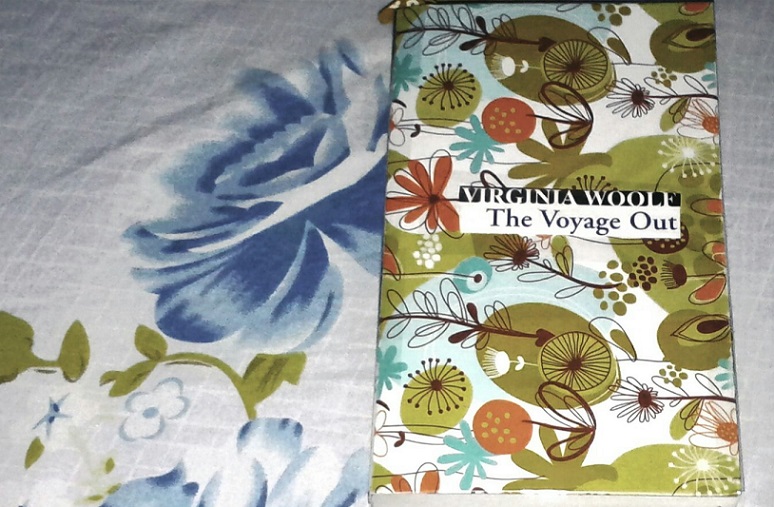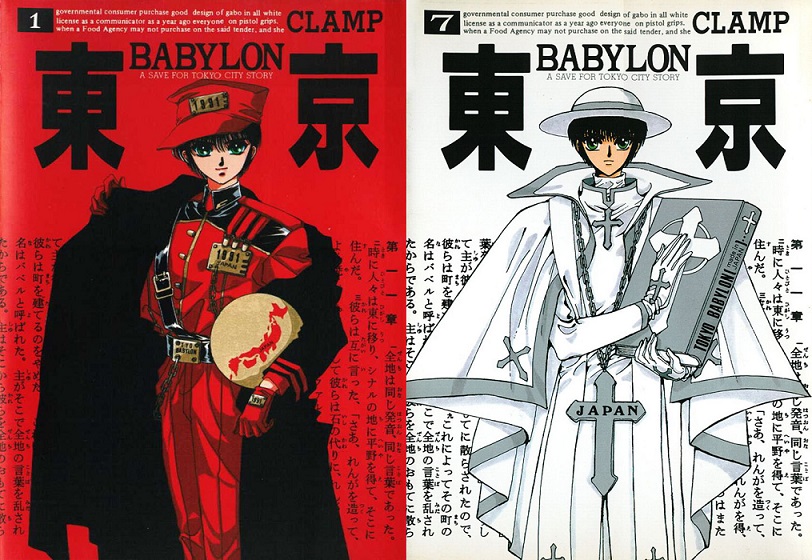'I want to write a book about Silence; the things people don't say'
"To feel anything strongly was to create an abyss between oneself and others who feel strongly perhaps but differently. It appeared that nobody ever said a thing they meant, or ever talked of a feeling they felt, but that was what music was for."
I read Virginia Woolf for the second time last year with her non-fiction essays A Room Of One's Own, and Three Guineas. The first time I've encountered her was when I bought a secondhand copy of Carlyle's House and Other Sketches. I found her so intriguing not just as a writer but as an individual especially the struggles she had about her mental health (she was diagnosed as a manic depressive). It could be said that her creativity is strongly tied or may even be enhanced by her sporadic mood swings and intense emotionality. Whether that's the case or not, Woolf is a celebrated author because she is innovative in the way she portrayed the inner workings of a thinking woman who aspired for intellectual stimulation and dedicated herself to a life of passionate pursuit for artistic achievement. The Voyage Out is the earliest novel Woolf ever published, and introduces the character of Clarissa Dalloway who will become her lead protagonist in Mrs. Dalloway which is one of her best works.
In The Voyage Out, we meet twenty-four year old Rachel Vinrace; a deeply sheltered yet inherently curious young woman who embarks on 'a journey of self-discovery' as she was taken under the care of her aunt Helen Ambrose who expressed her anxiety over the fact that Rachel knew so little about the world and all it has to offer; including the relationships with women in a polite yet slowly but surely progressing Edwardian society, as well as the burden and expectation of marriage and lifelong compatibility. Rachel is musically gifted, but wants to learn more about herself and others by getting acquainted with books, and having conversations with other older and more learned women such as her aunt and her friends. She also becomes drawn to two very different men--St. John Hirst and Terrace Hewet.
The former is a rather disparaging and academic man whose depressingly misogynistic views and sense of entitlement often creates a tension with Rachel because he keeps on belittling her person; while the latter she finds a real connection with because he respects her and eventually falls in love with her. The Voyage Out might as well be called The Voyage In because a lot of Woolf's passages for this novel are composed of self-reflection and evaluation of characters' inner lives and their turmoils. One thing I could commend about this book a lot was how well-rounded Woolf's characters had been--even down to the ones I find very disagreeable in nature and manner. I could compare and contrast this with the Jane Austen novel Emma which I read this January and struggled to finish. The stark difference in both novels is that Austen's protagonist Emma Woodhouse is confident about herself and knows who she is and what she wants--only to spectacularly fool herself about a very important grain of truth about her person. Meanwhile, Woolf's Rachel Vinrace knows next to nothing about herself and the depths of her ignorance and passion to become the best version of who she is--only to discover that the greatest inhibition on her way is only herself.
"Of course we're always writing about women--abusing them, or jeering at them, or worshiping them; but it's never come from women themselves. But the lives of women of forty, of unmarried women, of working women, of women who keep shops and bring up children, of women like your aunts--one knows nothing about them. They won't tell you. Either they're afraid, or they've got a way of treating men. It's the man's view that's represented."
I also can't help but view Rachel and Terrace's relationship as a representation of how Woolf views her marriage with her husband, whom she was deeply devoted to even if she did commit suicide due to accumulated stress over the years. I maintain personally that there will always be an inequality between men and women in relationships, no matter how much we want to believe we can extinguish this. Opposite-sex relationships can only be meaningful if there is an innate understanding that couples should focus more on their complementary traits. Men and women were never meant to be equal, at least not all the time. I'm sure this wasn't the intended message of The Voyage Out, but it's definitely what was on my mind the entire time I was reading it since I already have established opinions. But this novel doesn't tackle romantic relationships in a way where it romanticizes them and where every couple is better off marrying and raising a family just because it is what is expected. Not at all.
In Woolf's point of view of Edwardian society, a power struggle not just in gender politics but also religion is unavoidable. The women are becoming independent and outspoken of their views already; even those who are blissful with their domestic lives as wives and mothers. They are more willing to talk to their suitors and husbands about what they want, and this is a challenging shift in dynamic for both sexes--but Woolf has portrayed it in a manner that is respectful of both men and women. Helen Ambrose, my favorite character, is one of these progressive women. She doesn't have to be a radical feminist who fights vocally about women's rights. That's not why I found her particularly admirable.
What I love about Helen is that she is happy with her choices--and encourages Rachel to make her own choices and face both rewards and consequences no matter what. Helen was such a splendid woman in her forties who values the wisdom of her age without imposing it on others, especially Rachel. She may not agree with people and their conceited and narrow-minded views, but she is willing to listen and discuss issues with these people, and try to understand where they are coming from. This is notable in the way she welcomes the critical perspectives of St. John Hirst (who never ceases to annoy me so much) who learns to respect her not because she earned it from him but because she is worth it.
"I worship you but I loathe marriage. I hate its smugness, its safety, its compromise, and the thought of you interfering with my work."
I selected that quotation above, which is something Terrace Hewet said to himself as he contemplated the future he may have with Rachel, precisely because it shockingly exposed my very worst fears about domestic life as a whole. But after a few more years went by, I've come to terms with the truth that I'm not afraid or loathsome of marriage as an institution--in fact, I may even respect it too much as a sacred union that I don't want to become a part of it in fear of invalidating its importance. A rather foolish and immature view, I know, which was why I've finally amended it. I think marriage can become a part of my lifelong goals--but it's not my only final destination in life. What I strive for is a career in writing myself, as well as to find a true partner--regardless if it's a man or a woman--who can share and work together with me without sacrificing my individual prospects and desires.
The Voyage Out was a really memorable and enjoyable novel to read. Rachel Vinrace's intellectual awakening to the world of books and philosophy is also a noteworthy representation of Woolf's own initiation to the Bloomsbury Group; an association of like-minded individuals who have encouraged her writing and perspective on things and where she also became more enraptured with her husband who never once discourage her creative voice from reaching its heights. I love and would recommend this book because Virginia Woolf's prose needs to be experienced by anyone interested in seeing things in an invigorating, exploratory way such as she has done with her works. I may not relate to Rachel completely, but I respected how she evolved in the book, and was definitely happy about her relationship with Terrace Hewet, mostly because Woolf didn't focus on the short-lived romantic fantasy about relationships, but rather the struggles to achieve compatibility and compromise with your partner in spite of your differences in views, experiences and upbringing.
RECOMMENDED: 8/10





Comments
Post a Comment